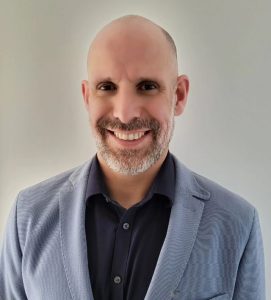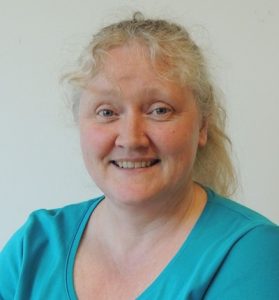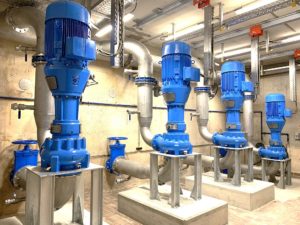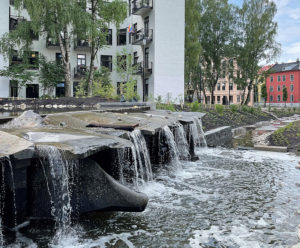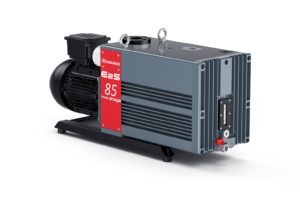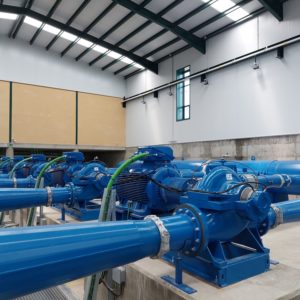Berlin Institute Uses Digital Twin to Develop New Concepts for Water Use
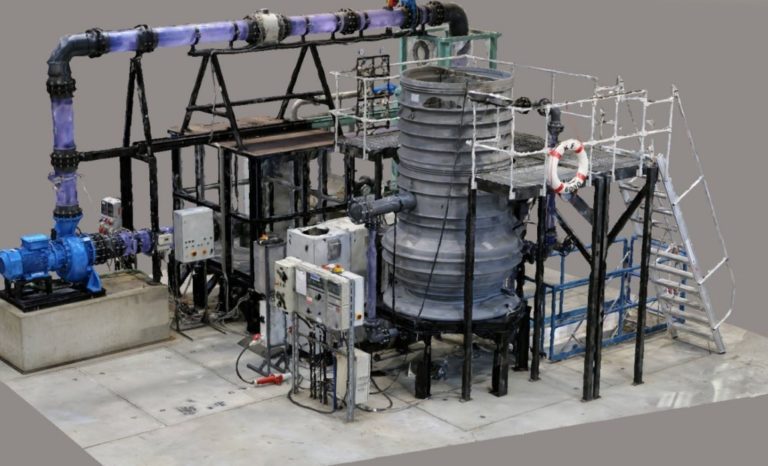
The Hermann-Föttinger Institute Fluid System Dynamics department at Technical University of Berlin uses the digital twin to develop new strategies for efficiency in the water and waste water industry. (Image source: Siemens Aktiengesellschaft)
The concepts developed here can be quickly transferred to actual plants and the digital twin can be used to bring the complex topic of digitalization to life in a simple way – particularly for employees on site and in support service roles.
Urbanization and climate change represent major challenges for reliable water supply and waste water disposal. On the one hand, large cities mean more people living in less space, while on the other hand, dry periods and heavy rainfall events are becoming increasingly common. This presents challenges for waste water systems in particular. The City of Berlin - in cooperation with institutes, universities, authorities and companies - is therefore investing both in new systems and in upgrades to existing infrastructures. With modern concepts and Siemens technology, existing plants can be used more flexibly and efficiently than before. A key component is the digital twin of the plant. “If I can better manage heavy rainfall events through the intelligent networking of existing retention basins, then I may not even need to build new plants – and this is what makes digitalization and intelligent automation in the water industry so interesting from an economic perspective,” explains Professor Paul Uwe Thamsen, Head of the Fluid System Dynamics department at the ISTA (Institute of Fluid Mechanics and Technical Acoustics) at TU Berlin.
Realistic development
The opportunities offered by the digital twin and digitalization are being researched by Thamsen and his team using a test facility. This pumping station has been equipped with high-tech automation and digitalization solutions from Siemens. The solutions include the acquisition and digitalization of assets, process instrumentation, motor and pump management, the Simatic PCS 7 process control system and systems such as Comos for engineering and the simulation of plant conditions. “Using the basic equipment in our demonstrator, we can show customers and other interested parties our work in a real environment. This offers great potential, particularly in terms of new solutions and developments,” notes Thamsen.
Bringing digitalization to life
Through the integration of intelligent tools in the pump test rig, Thamsen was able to implement innovative concepts. It's a great advantage that the test rig is equipped with industrial components, just like those used in many wastewater plants. “We can now demonstrate directly in our plant how the solutions are integrated into a real plant environment, and show the results live in the demonstrator. This helps us to bring innovations to market faster,” explains Thamsen. “With our digital twin, we can now bring the really complex topic of digitalization to life in a simple way – particularly for employees on site or in support service roles. In my view, this is a real milestone towards Water 4.0.”
Source: Siemens Aktiengesellschaft

